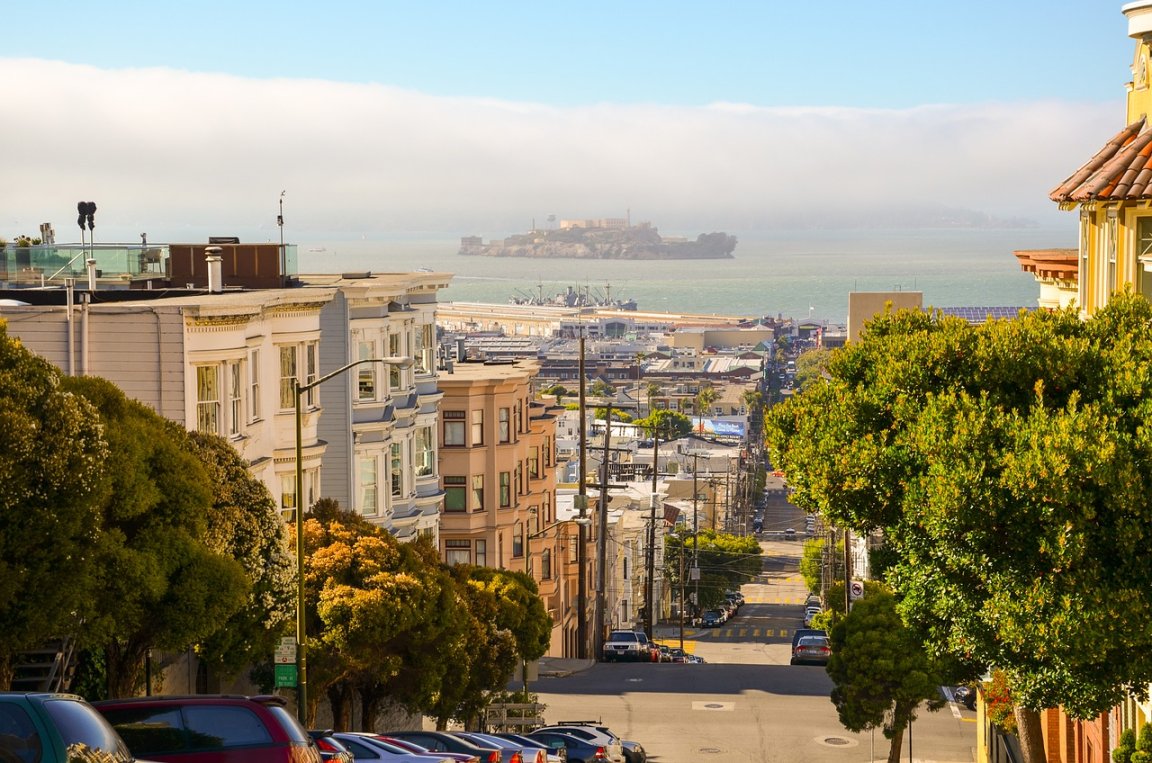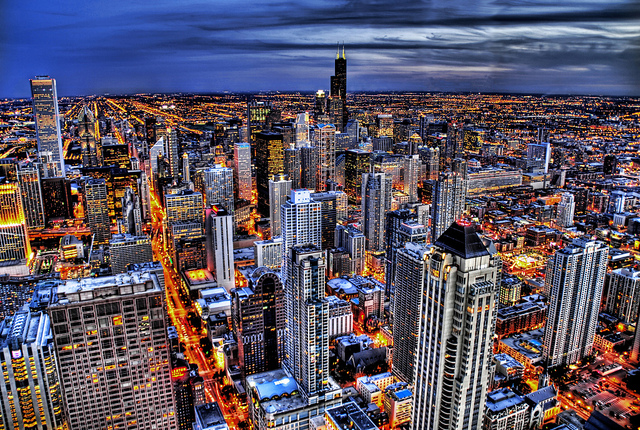
“Winner-Take-All Urbanism”
Professor Richard Florida began researching the geography of the high-tech industry in the 1980s. Since that time, he has noticed a dramatic shift, from a time when there were no major tech companies in urban areas and tech settlements were scattered through various suburbs, to today’s urban tech renaissance. Major investment into tech businesses in urban areas pushed the migration, and now thanks to venture capital investment, cities like New York, San Francisco, Boston, and Seattle all have a thriving tech presence.
The shift was based in large part on a realization that tech companies could avoid contributing to urban sprawl and stop demanding that employees put in oppressive commute times by resettling in urban areas. At the same time, they would benefit from the vibrant urban settings they would occupy, naturally attracting more talent and offering more appealing amenities. However, this has all come at a cost.

Cities Die Without Support
This is more than just a lament for the middle-class; this is a warning for urban centers and for the tech industry. Even the most wonderful and powerful cities can’t survive without essential service providers like EMTs, nurses, police officers, teachers, and others. If there is no way for anyone living at a middle-class economic level or below to survive in a city, there is no way for that city to survive in the long term.
However, Florida points out, tech has the power to solve this problem, and tech leaders should start the process — in fact, out of self-interest, if not altruism, they must. He suggests that they invest in the development of more affordable housing, and support efforts to modernize outdated building codes and zoning laws. Second, tech leaders can invest in and support the development of public transit in outlying areas and support development along those routes.
Third, they can upgrade lower-wage jobs so that workers can actually support their families; they can do this by lifting the minimum wage to about 50 percent of the prevailing local median wage, city to city. This last step, in particular, would help to transform service jobs today, as manufacturing jobs were once changed in the 1980s and 1990s, into jobs that could realistically support families. This change didn’t kill manufacturing in the US any more than raising the minimum wage has killed the service industry in Seattle, for example.
America’s tech industry is among the country’s best ways to remain a world leader in innovation and technology. However, the industry can’t run without support, and it has created an economic crisis for the people who it depends on for support. Given the host of amazing problems and challenges the industry has already taken on successfully, this should be another one tech can solve.